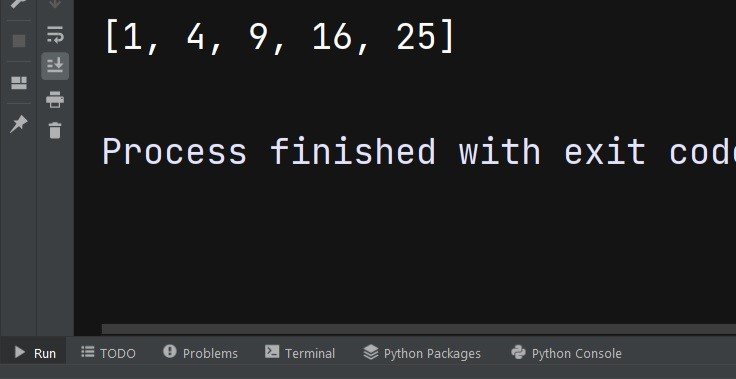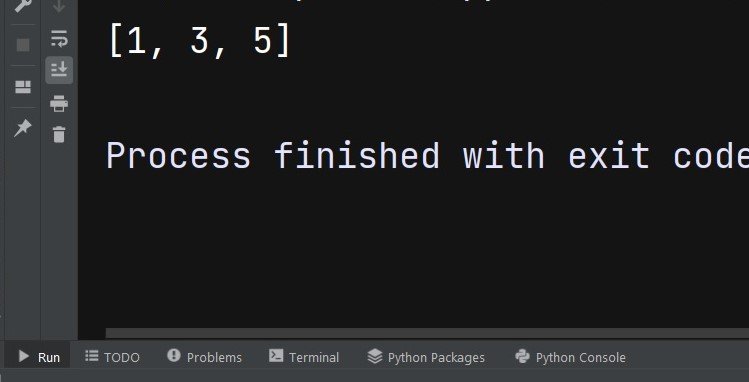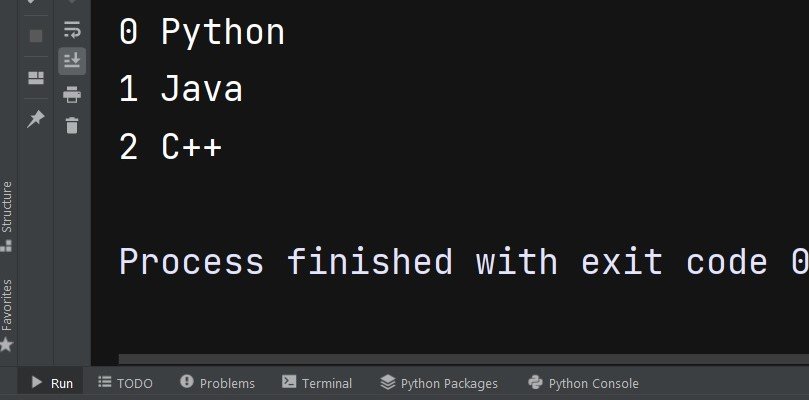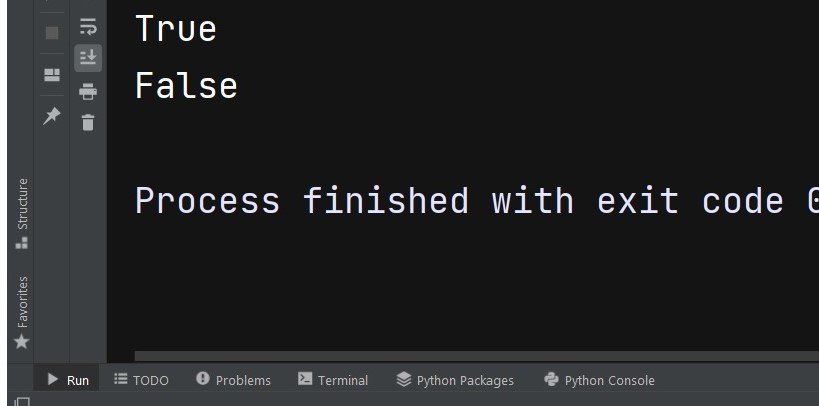In this Python List article we want to talk about Exploring Advanced Python List Operations and Tricks, so Python is powerful programming language that offers different data structures including lists. Lists are one of the most commonly used data structures in Python and provides flexible way to store and manipulate data. in this article we are going to talk about some advanced list operations and tricks that can make your code more efficient and expressive.
-
List Comprehensions
List comprehensions are the best way to create new list by applying a function or expression to each element of an existing list. they offer more readable and efficient alternative to traditional loops.
This is an example of a list comprehension that squares each element in a list:
|
1 2 3 |
numbers = [1, 2, 3, 4, 5] squares = [x**2 for x in numbers] print(squares) |
Run the code and this is the result

-
Conditional List Comprehensions
Conditional list comprehensions allow you to filter the elements of an existing list based on condition. they are useful for creating new list that only contains elements that meet certain criterion.
this is an example of conditional list comprehension that filters out even numbers:
|
1 2 3 |
numbers = [1, 2, 3, 4, 5] odds = [x for x in numbers if x % 2 != 0] print(odds) |
Run the code this will be the result

-
zip() Function
zip() function is builtin Python function that allows you to combine two or more lists into single list of tuples. this is useful for creating lists of pairs or for iterating over multiple lists simultaneously.
this is an example of using the zip() function to combine two lists:
|
1 2 3 4 |
names = ["Alice", "Bob", "Charlie"] ages = [25, 30, 35] people = list(zip(names, ages)) print(people) |
Run the code and this is the result

-
enumerate() Function
enumerate() function is another builtin Python function that allows you to iterate over a list and keep track of the index of each element. this is useful for accessing both the index and value of each element in loop.
this is an example of using enumerate() function to loop over list and print both the index and value of each element:
|
1 2 3 |
languages = ["Python", "Java", "C++"] for i, lang in enumerate(languages): print(i, lang) |
This is the result

-
any() and all() Functions
any() and all() functions are builtin Python functions that allow you to check if any or all elements in a list meet certain criterion. any() function returns True if at least one element in the list is True, while all() function returns True only if all elements in the list are True.
this is an example of using the any() and all() functions to check if a list contains any even numbers:
|
1 2 3 4 5 |
numbers = [1, 3, 5, 8, 9] contains_even = any([x % 2 == 0 for x in numbers]) all_odd = all([x % 2 != 0 for x in numbers]) print(contains_even) print(all_odd) |
This will be the result

Learn More on Python
- How to Optimize Python List Performance
- Difference Between Mutable and Immutable Lists in Python
- How to Create Multidimensional Lists in Python
- How to Implement Stacks and Queues with Python Lists
- How to Manipulate Python Lists with Slicing & Indexing
In this article we have explored some advanced Python list operations and tricks that can make your code more efficient and expressive. these includes list comprehensions, conditional list comprehensions, zip() and enumerate().
